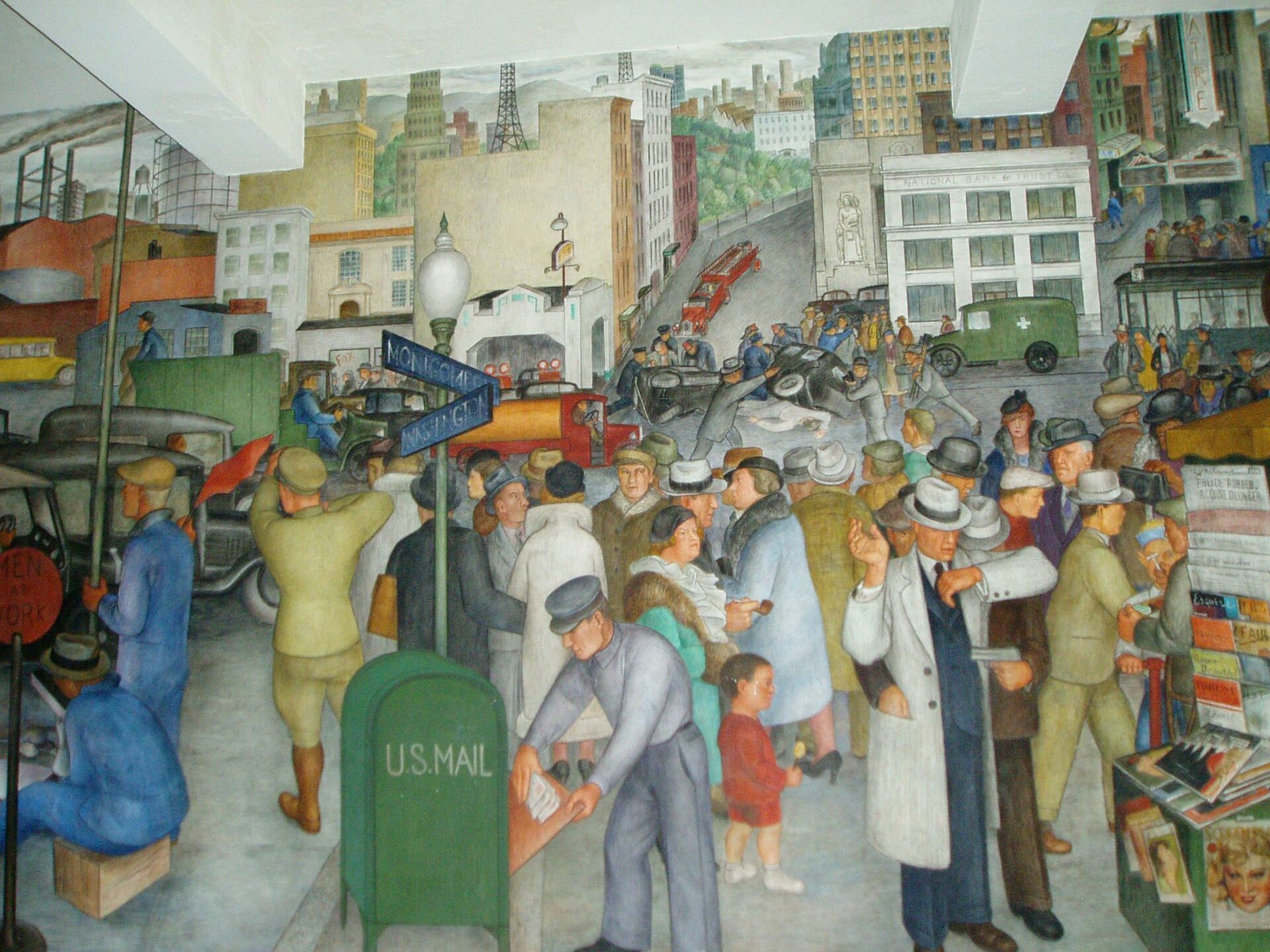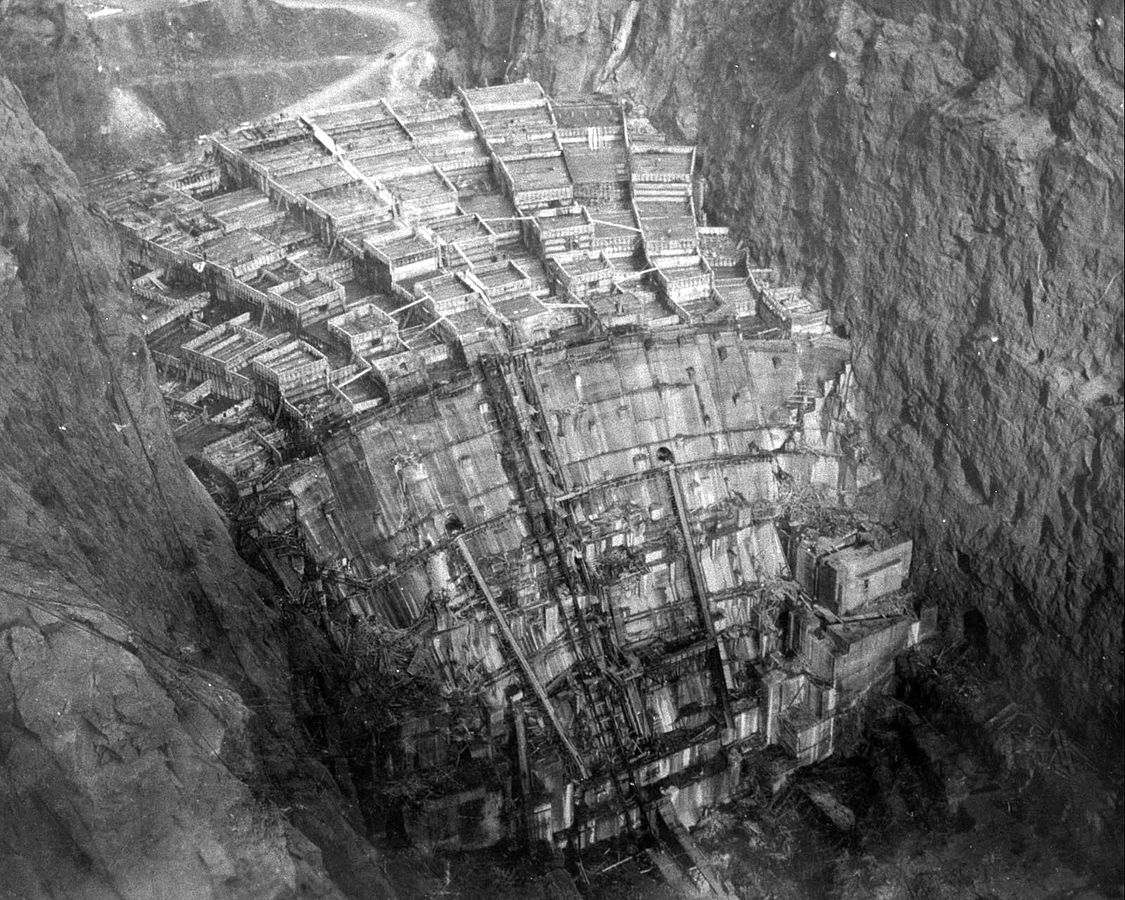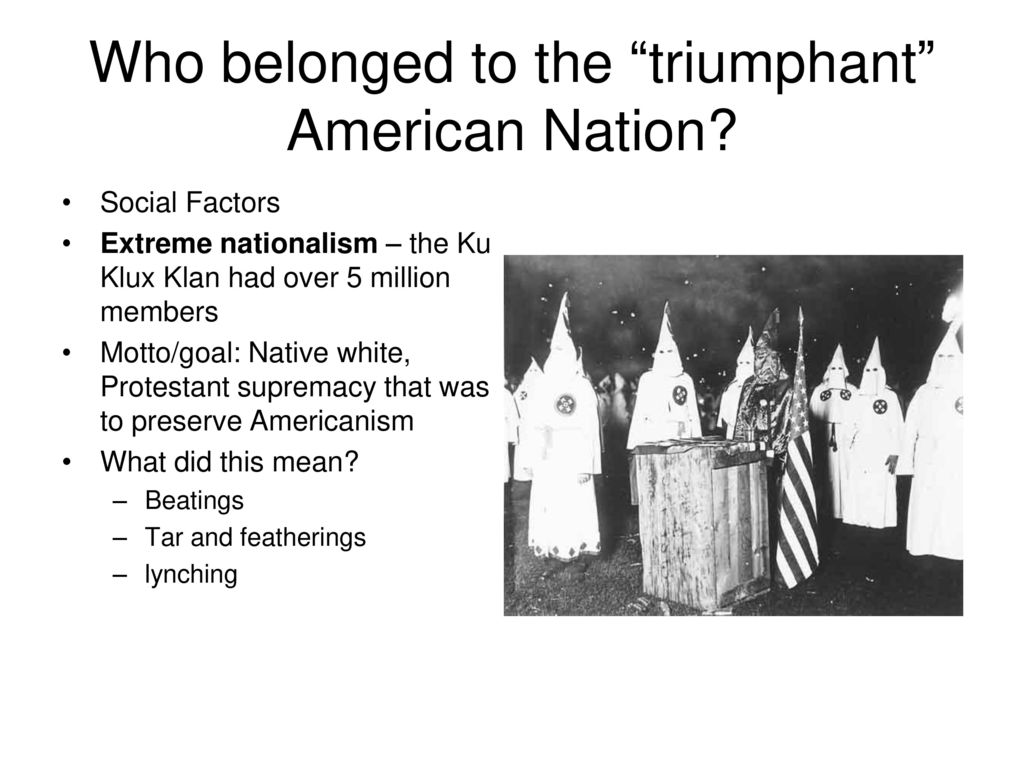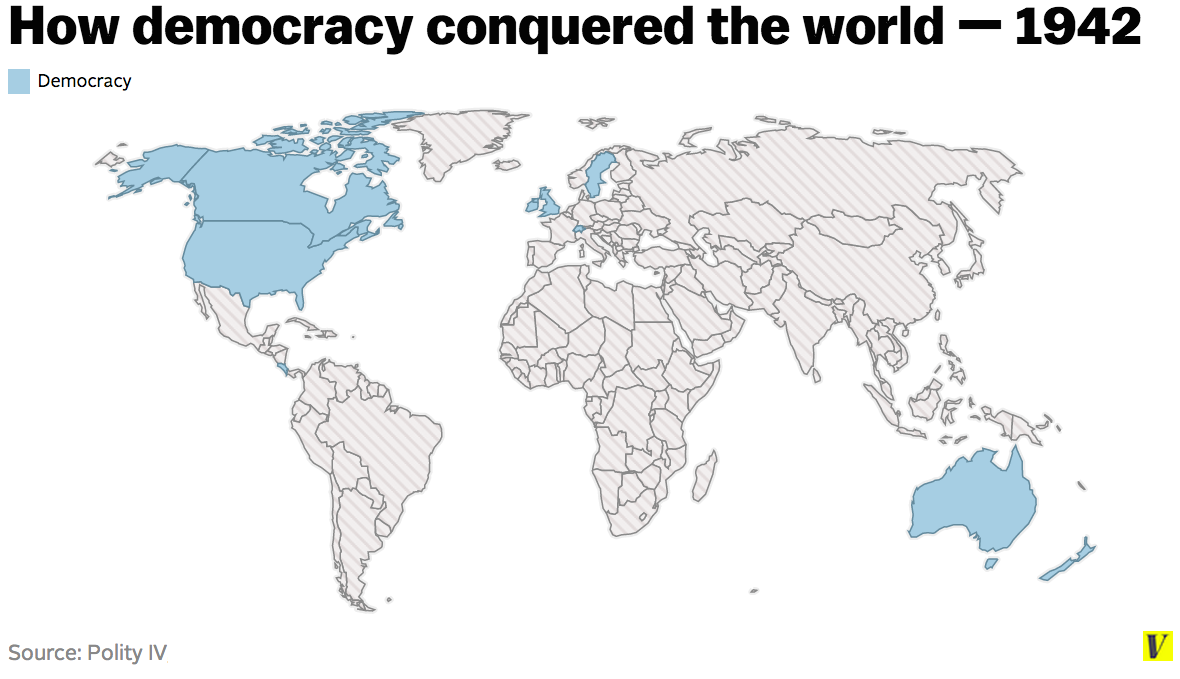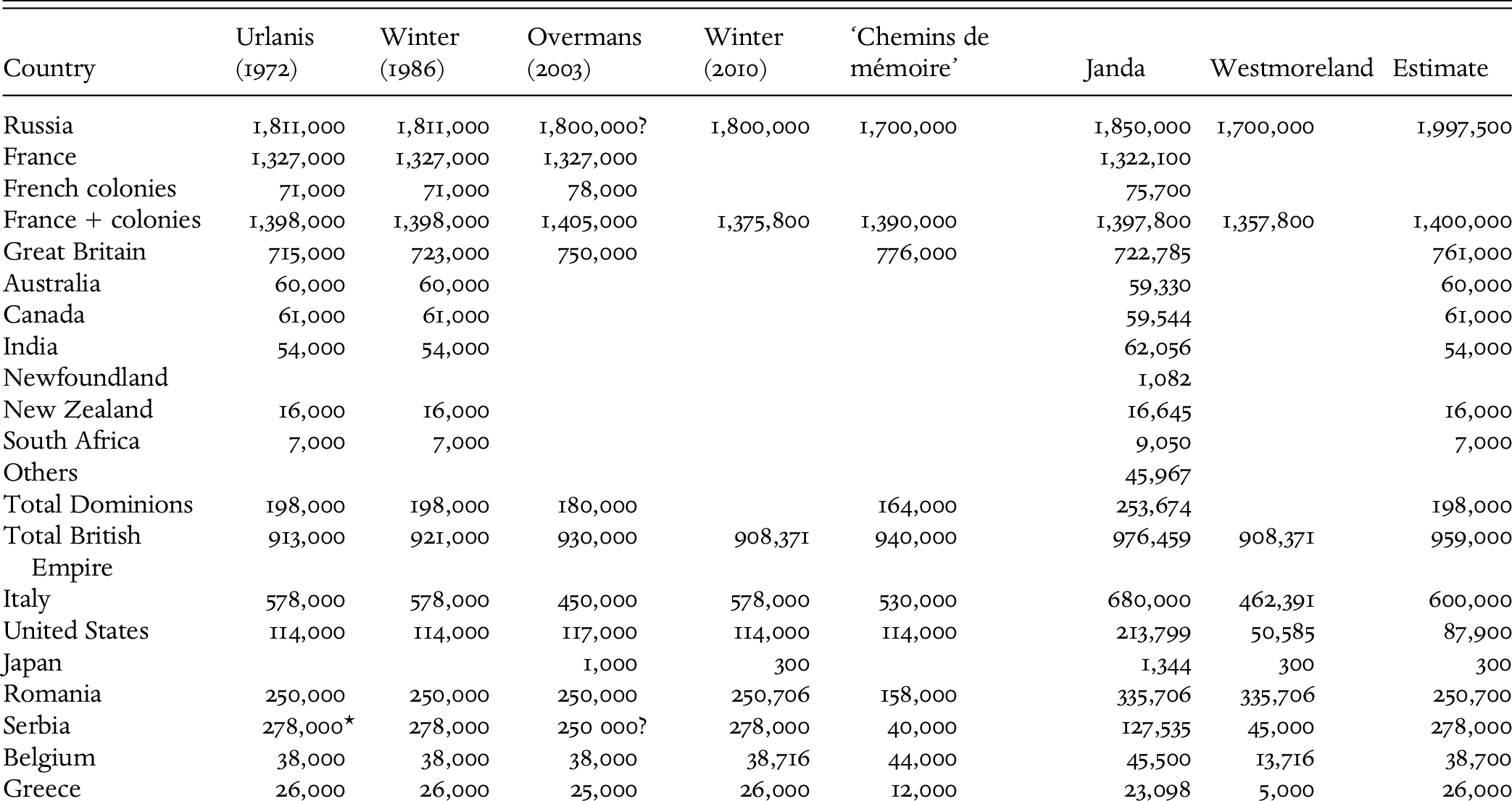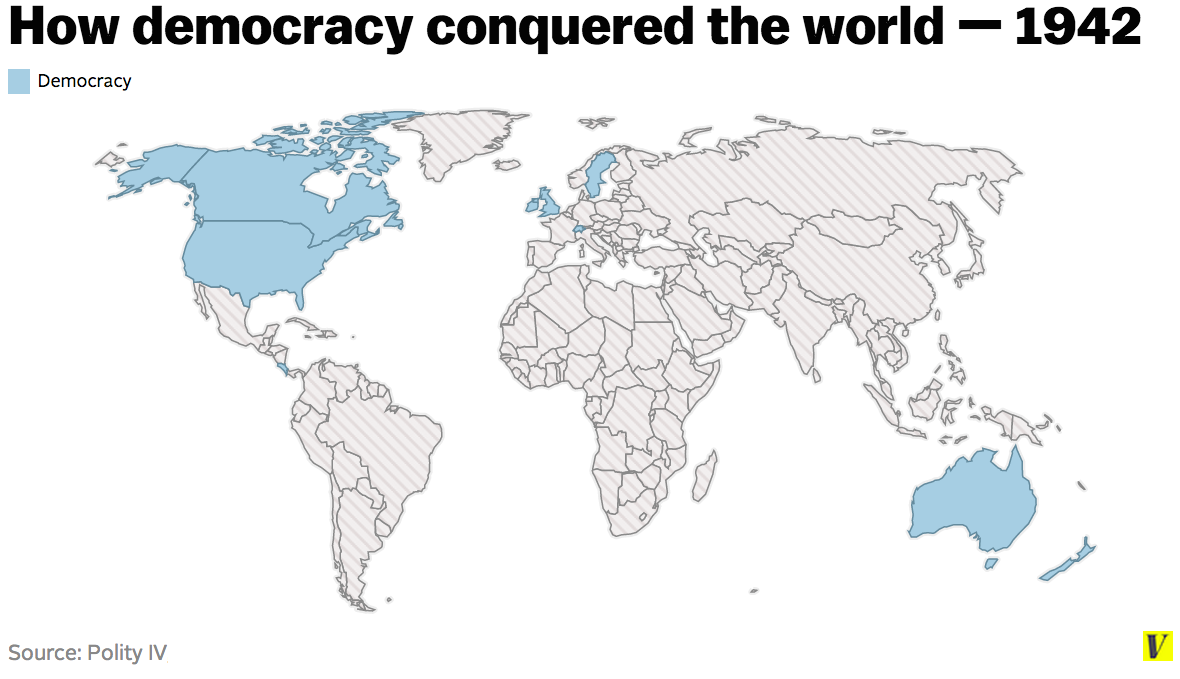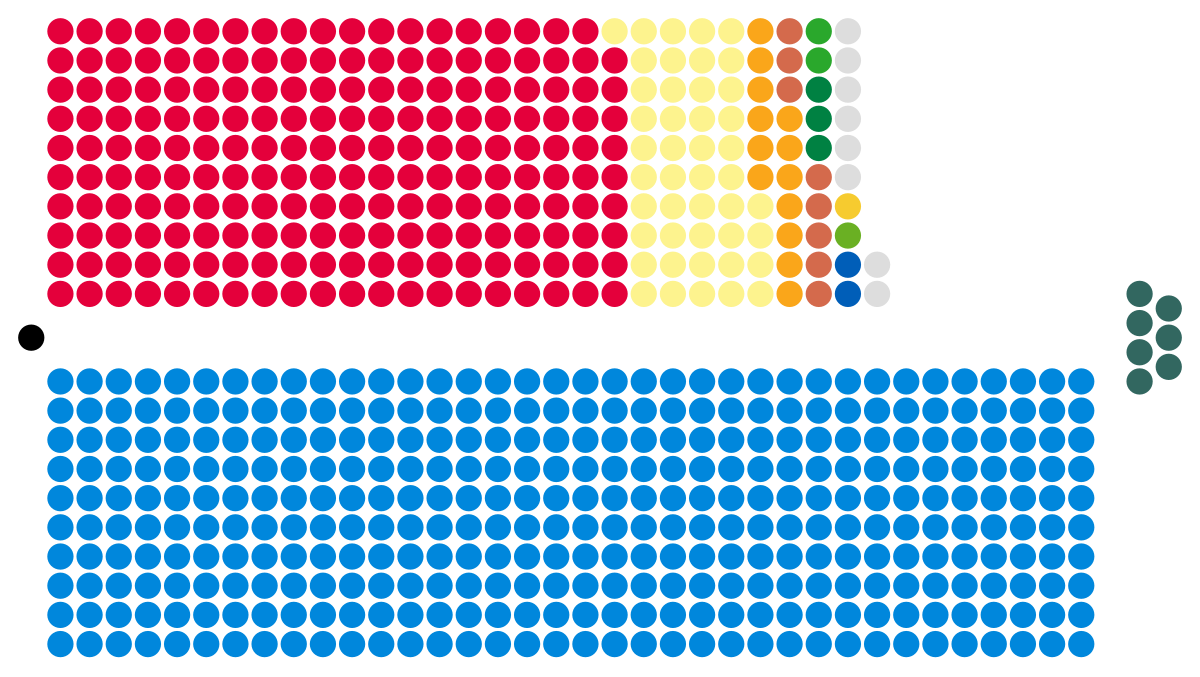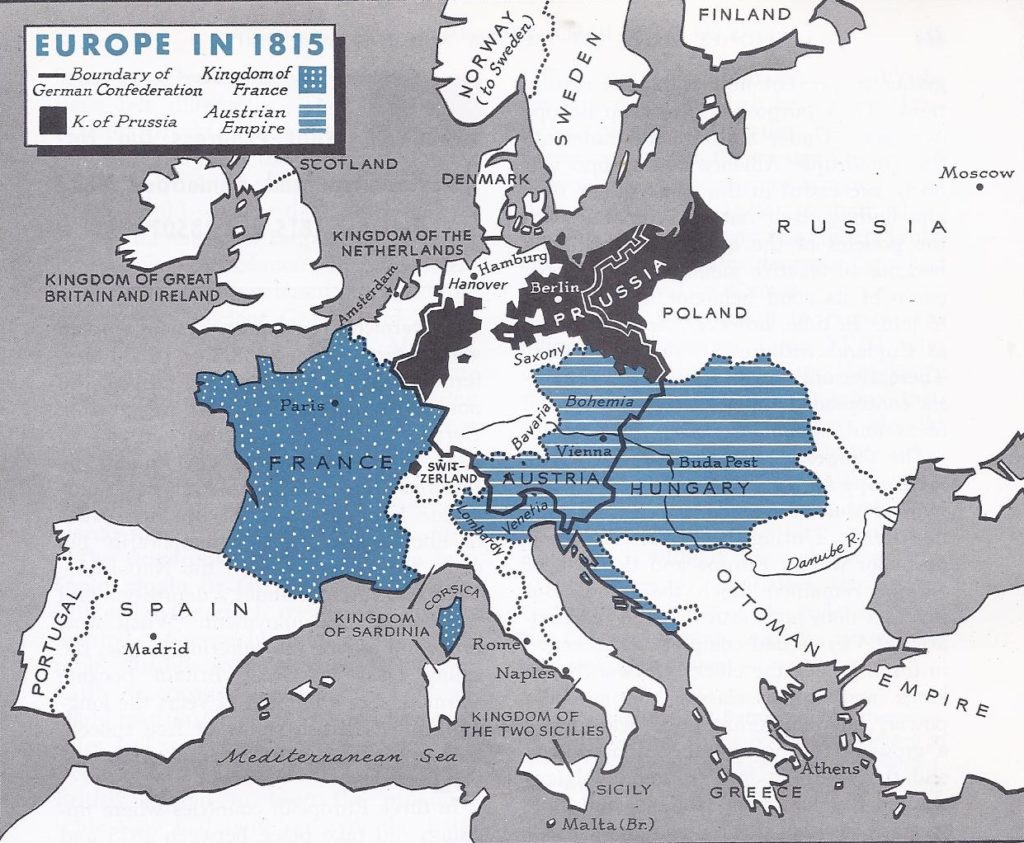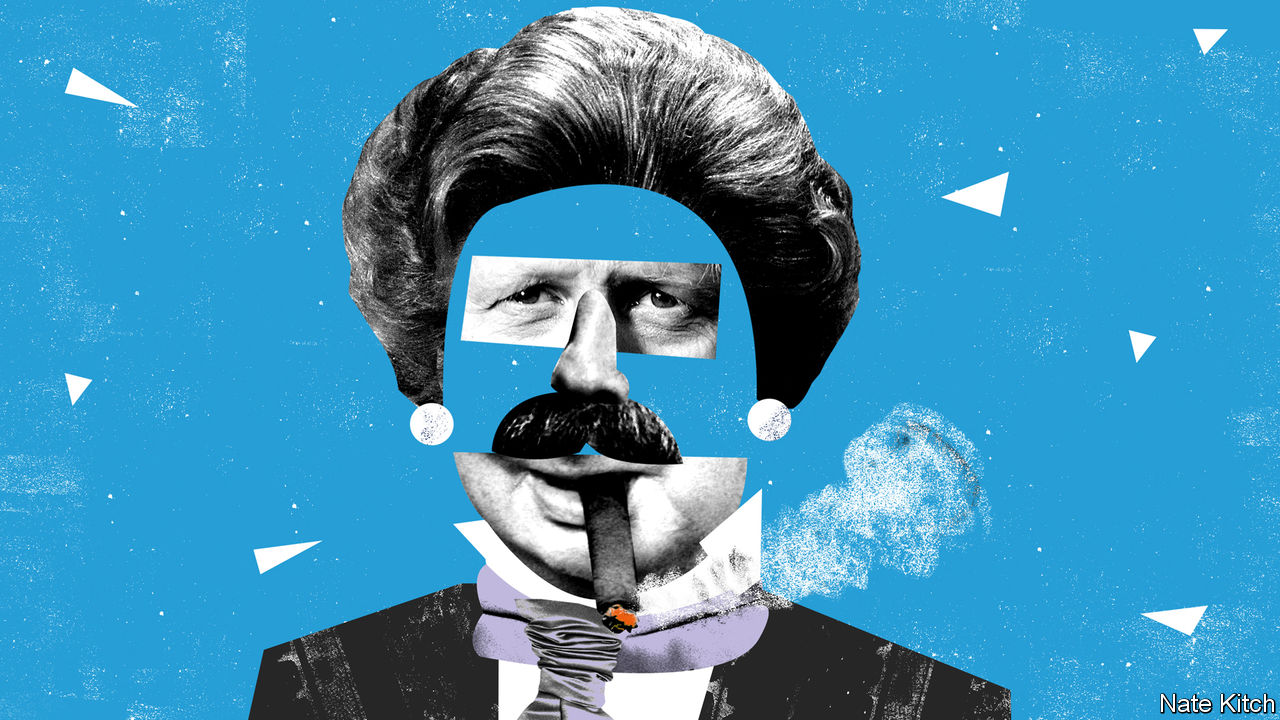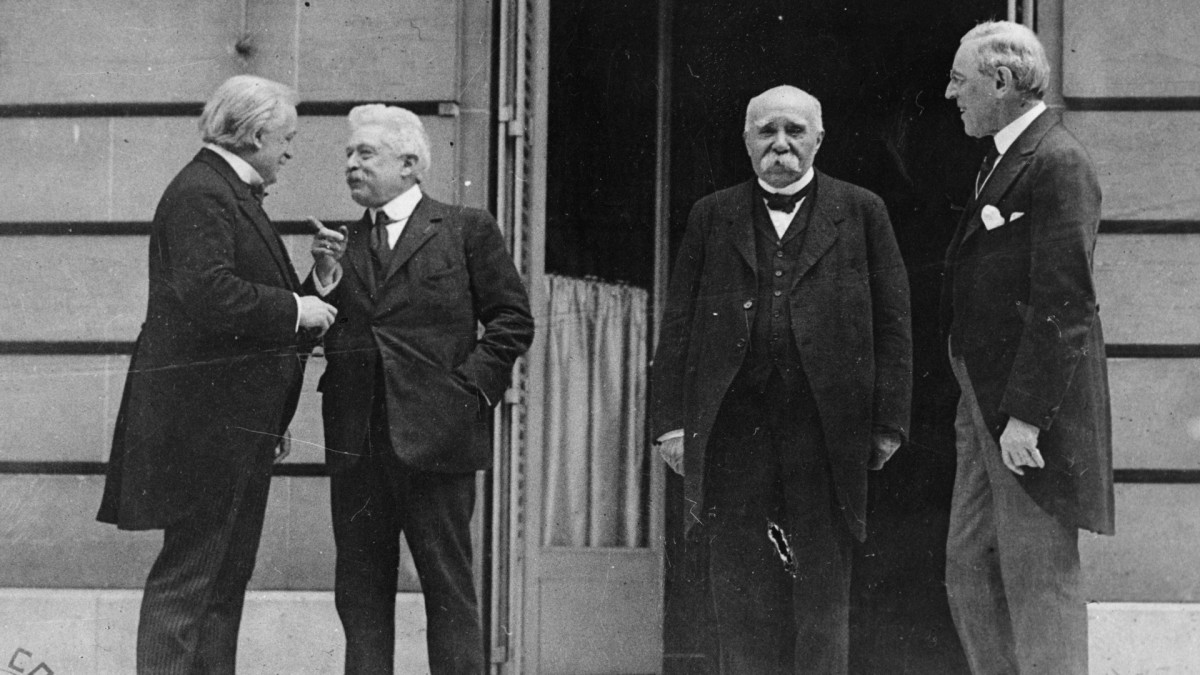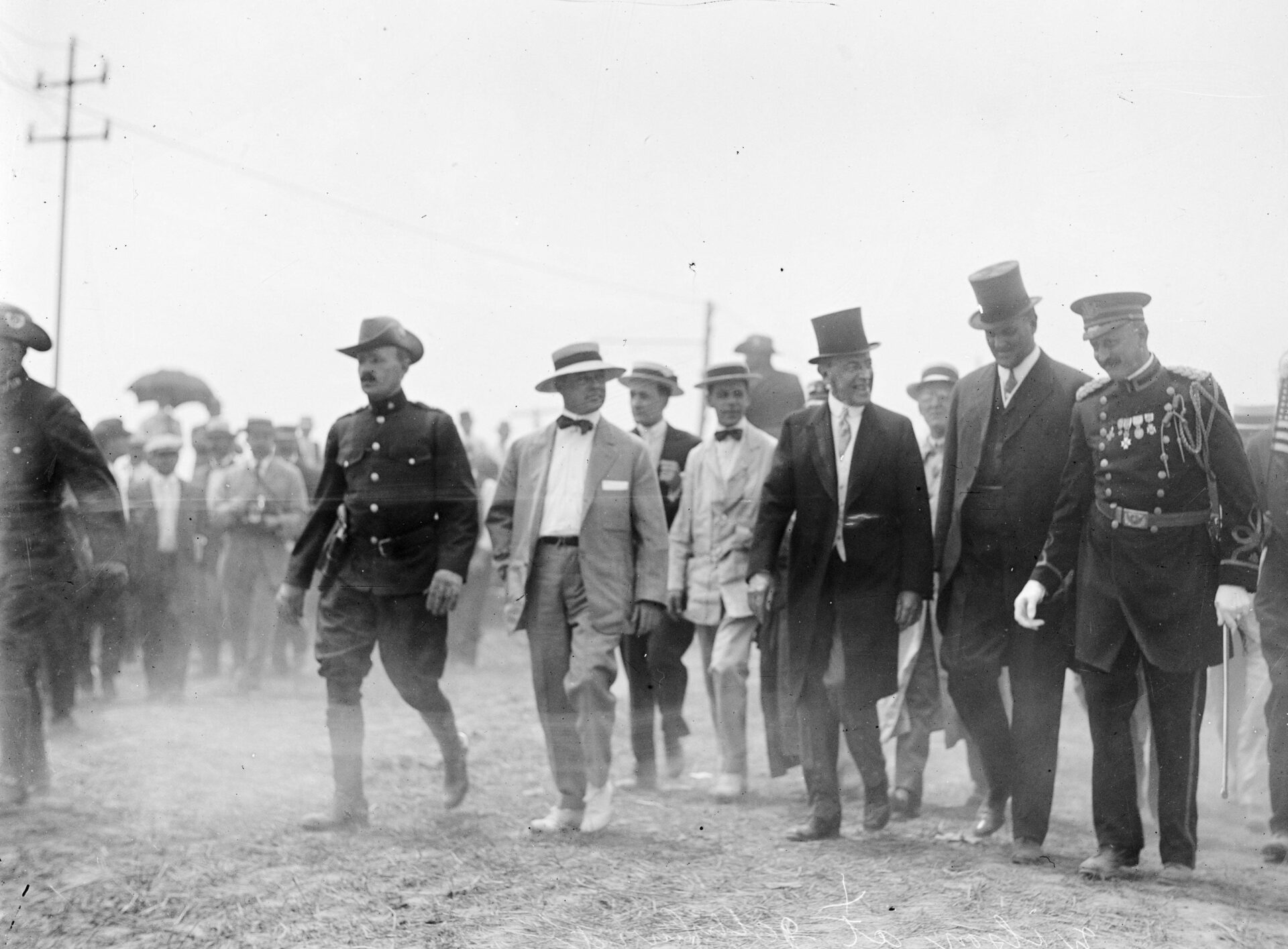The New Deal In America, 1933-1941 | The Democracies
Victory seemed to give the Democrats a clear mandate to marshal the resources of the federal government against the depression. Franklin Roosevelt took office on March 4, 1933, during a financial crisis that had closed banks all over the country. He at once summoned Congress to an emergency session and declared a bank holiday.

